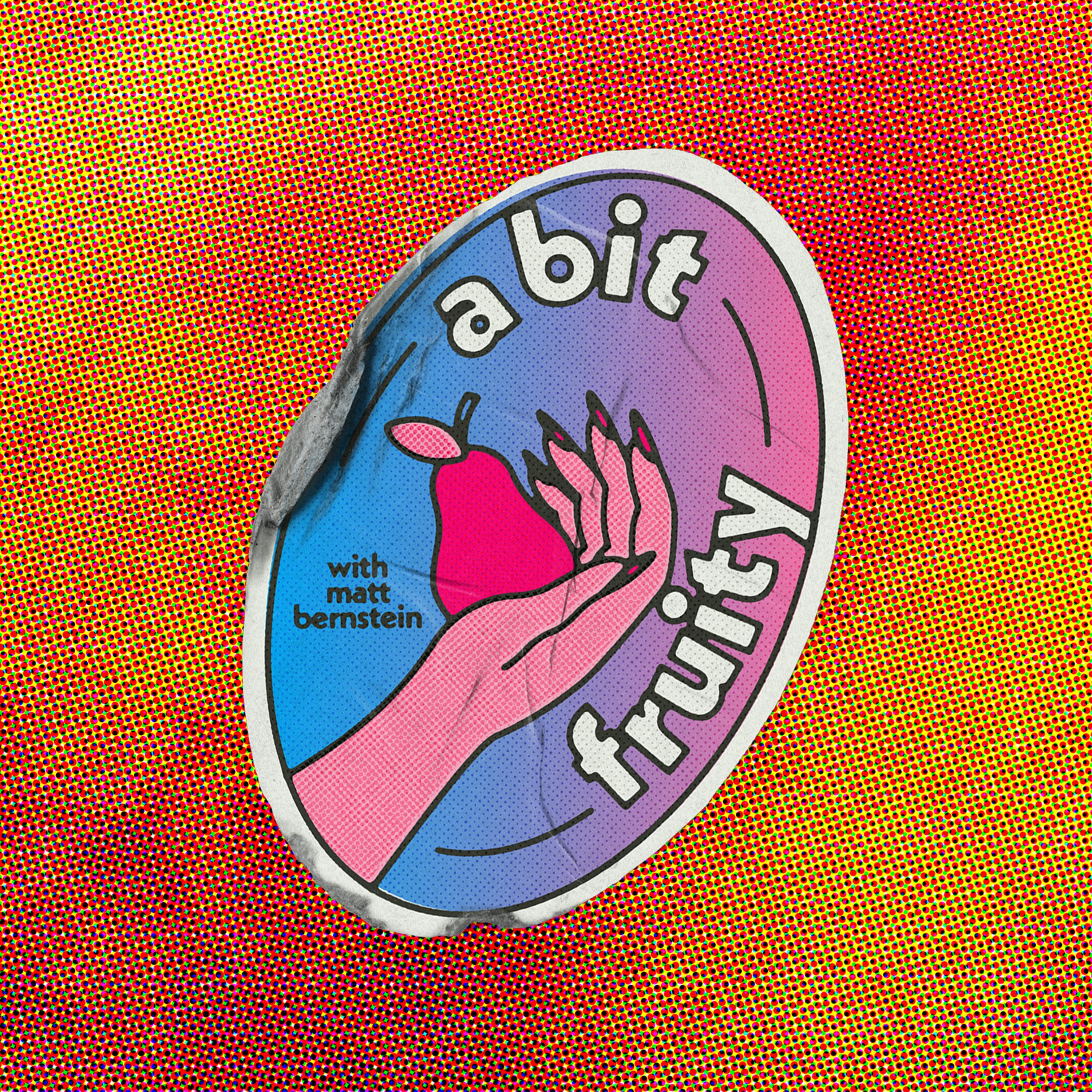Why Is Everyone Going Back Into the Closet?
From granola fascism to the manosphere, much gets said of the various right-wing pipelines people have gone down in the years since lockdown. One such pipeline remains more mysterious. When you think of conversion therapy, do you imagine a doctor administering shocks to a gay man strapped to a chair? A queer child sent to conversion camp against their will? What if a queer adult goes to ex-gay camp of their own volition? What if someone's conversion therapy is simply a playlist of ex-gay testimonial videos on YouTube — what can laws do to prevent kids and adults from watching them?
Today, Kat Tenbarge and I examine ex-queer case studies, from beloved YouTuber Lohanthony to detransitioners, and try to understand what “conversion therapy” means in 2025. It’s understood that more people will come out as a society becomes friendlier to queerness — but can that pattern also work in reverse?
Listen to bonus episodes on Patreon!
Subscribe to Kat’s work at Spitfire News.
Find me on Instagram.
Find A Bit Fruity on Instagram.
Learn more about your ad choices. Visit megaphone.fm/adchoices
Today, Kat Tenbarge and I examine ex-queer case studies, from beloved YouTuber Lohanthony to detransitioners, and try to understand what “conversion therapy” means in 2025. It’s understood that more people will come out as a society becomes friendlier to queerness — but can that pattern also work in reverse?
Listen to bonus episodes on Patreon!
Subscribe to Kat’s work at Spitfire News.
Find me on Instagram.
Find A Bit Fruity on Instagram.
Learn more about your ad choices. Visit megaphone.fm/adchoices
Press play and read along
Transcript
Transcript is processing—check back soon.
A Bit Fruity with Matt Bernstein — Why Is Everyone Going Back Into the Closet?
